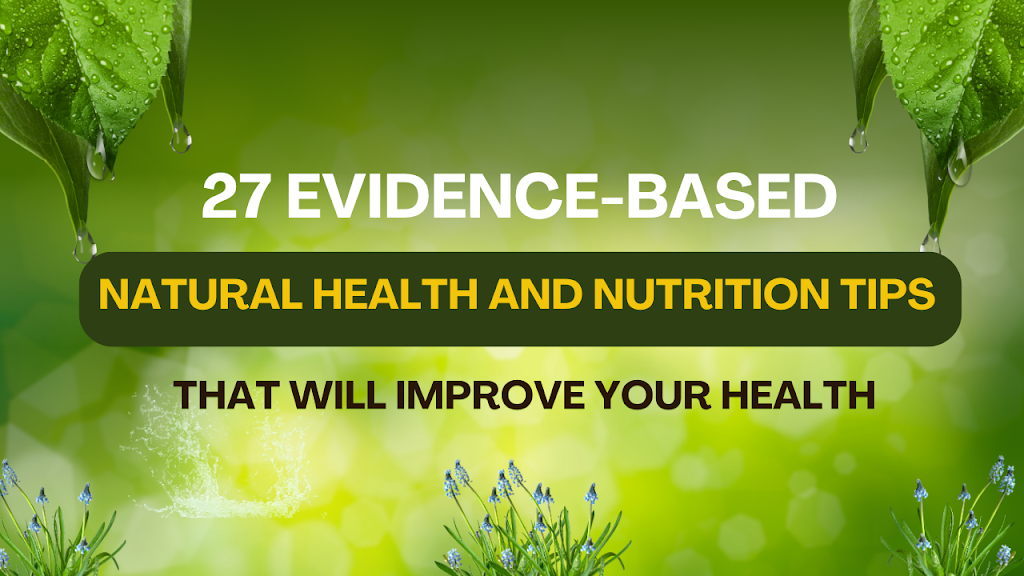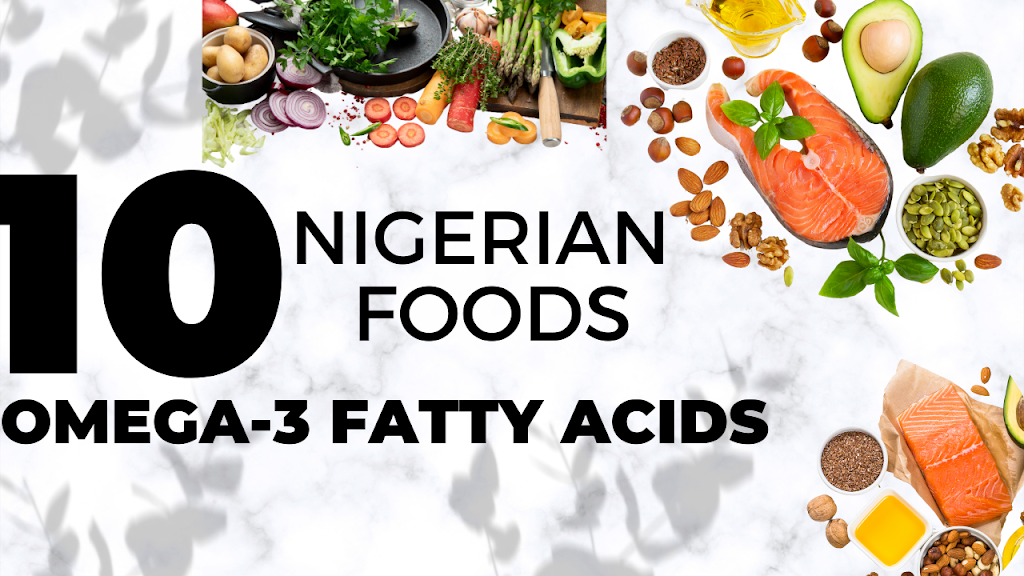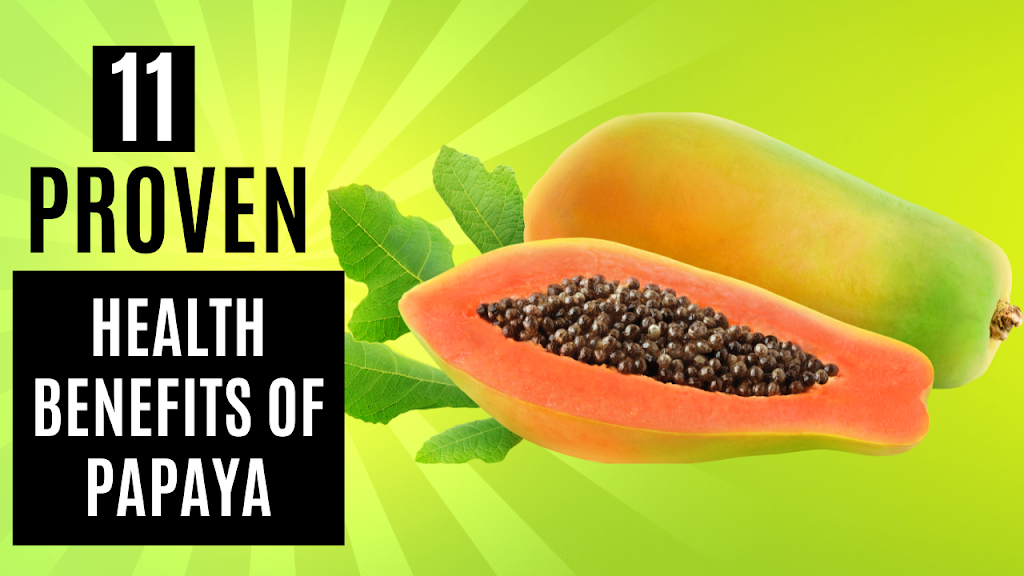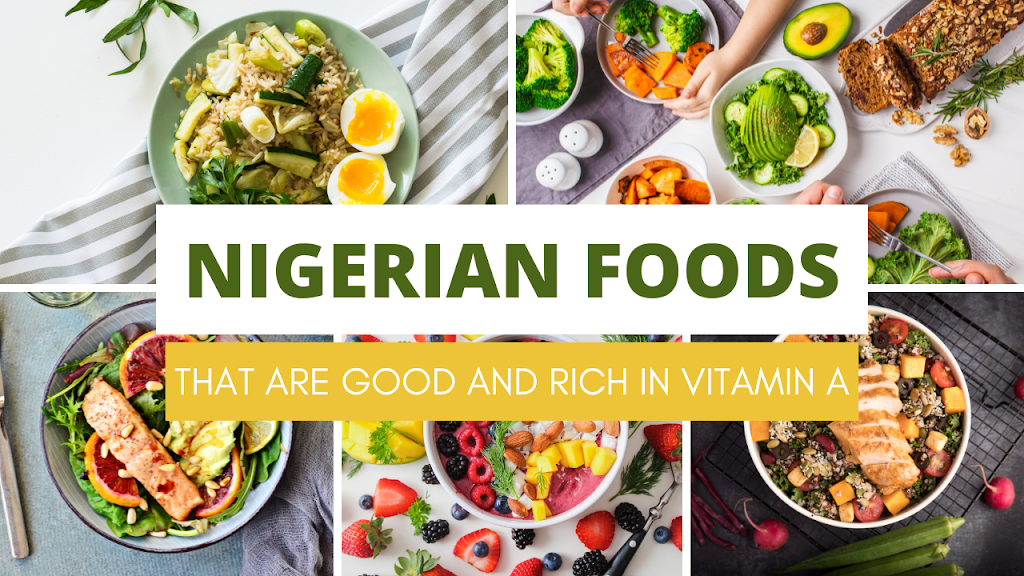What is Vitamin E?
Vitamin
E is a fat-soluble antioxidant that protects your body’s cells from damage. It
plays a crucial role in supporting immune function, skin health, and eye
health. As a potent antioxidant, Vitamin E helps neutralize free radicals,
preventing cell damage and promoting overall well-being.
Nutritional Value
These
foods are rich in vitamins, minerals, and antioxidants, making them a great
choice for a well-rounded, nutrient-dense diet. Among these are numerous
sources of Vitamin E, a nutrient that supports skin health, reduces
inflammation, and boosts the immune system.
Why is Vitamin E Important for Health?
Vitamin
E is essential for maintaining healthy skin, eyes, and a robust immune system.
Its antioxidant properties protect your cells from oxidative stress, which can
lead to chronic diseases such as heart disease, diabetes, and even cancer. It
also supports the body in fighting off harmful pathogens and aids in the
healing process.
With
that in mind, let’s look at these top Nigerian foods that provide you with a
generous dose of Vitamin E.
10 Nigerian Foods That Are Good Sources of Vitamin E
1. Palm Oil
 |
| Palm Oil |
Palmoil, a staple in Nigerian cooking, is one of the richest sources of Vitamin E.
It contains both tocopherols and tocotrienols, two powerful forms of Vitamin E
that provide antioxidant benefits. Palm oil is commonly used in soups, stews,
and fried dishes, making it easy to incorporate into daily meals. Its high
Vitamin E content helps improve skin health, protect against heart disease, and
support overall immune function.
2. Groundnut (Peanut)
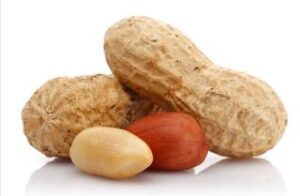 |
| Groundnut |
Groundnuts,
or peanuts, are a popular snack in Nigeria, often roasted or used in soups and
sauces. They are rich in Vitamin E, particularly in the form of
alpha-tocopherol, which is the most active form in the human body. Groundnuts
also contain healthy fats, proteins, and other essential vitamins and minerals,
making them a nutrient-dense food.
Groundnuts contain a significant amount
of Vitamin E, helping protect your skin from damage and keeping your cells
healthy. They also provide protein, fiber, and magnesium.
3. Spinach
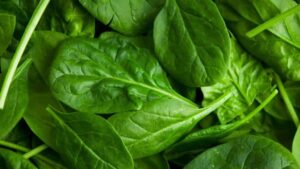 |
| Spinach |
Spinach is a nutritious green vegetable commonly used in Nigerian cuisine, especially
in soups and stews. It’s packed with Vitamin E, as well as other essential
nutrients like iron, calcium, and Vitamin A. Adding spinach to your meals is an
easy way to increase your Vitamin E intake while also benefiting from its other
health-promoting properties, such as supporting bone health and boosting
immunity.
4. Egusi Seeds
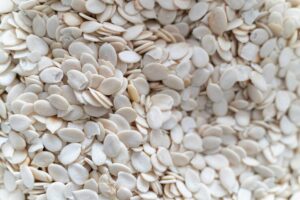 |
| Egusi Seeds |
Egusiseeds, which come from a type of melon, are widely used in Nigerian soups.
These seeds are not only a source of protein and healthy fats but also contain
a good amount of Vitamin E. Egusi soup, a popular dish, is both delicious and
highly nutritious, providing a wealth of health benefits.
5. Avocados
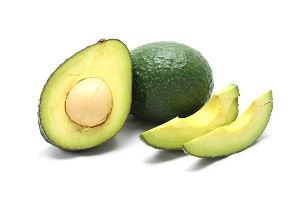 |
| Avocados |
Avocados
are a beloved fruit in Nigeria, often eaten fresh or incorporated into salads
and spreads. They are high in monounsaturated fats and a great source of
Vitamin E. The creamy texture of avocados makes them an excellent addition to
various dishes, providing both flavor and nutrition. Including avocados in your
diet can help support skin health and protect cells from oxidative damage.
6. Sweet Potatoes
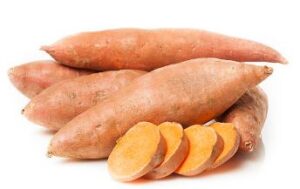 |
| Sweet Potatoes |
Sweet
potatoes are a staple in Nigerian cuisine, often boiled, roasted, or used in
stews. They are rich in antioxidants, including Vitamin E, which helps protect
the skin and eyes from damage caused by free radicals. Sweet potatoes are also
a good source of fiber, Vitamin A, and other essential nutrients, making them a
nutritious and versatile food.
7. Okra
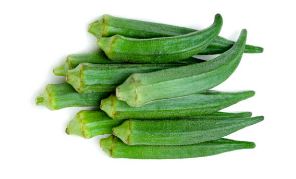 |
| Okra |
Okra,
also known as “lady’s fingers,” is a common vegetable in Nigerian
cooking. It’s rich in several essential nutrients, including Vitamin E. Okra is
often used in soups and stews, adding both flavor and nutrition to meals. Its
high Vitamin E content helps improve skin health and support a healthy immune
system.
8. Tiger Nuts
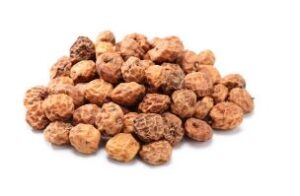 |
| Tiger Nuts |
Tigernuts, also known as “ofio” in Nigeria, are a popular snack and are
often used to make a sweet, milky drink. These small tubers are rich in Vitamin
E, fiber, and healthy fats. Consuming tiger nuts regularly can contribute to
better skin health, improved digestion, and a boost in overall vitality.
9. Red Palm Fruit
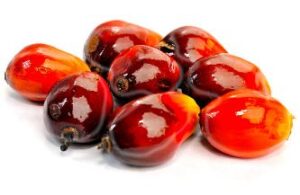 |
| Red Palm Fruit |
The
red palm fruit, from which palm oil is derived, is another excellent source of
Vitamin E. This vibrant fruit is often used in Nigerian dishes and is packed
with antioxidants, including tocopherols and tocotrienols. Incorporating red
palm fruit into your diet can help protect your cells from oxidative damage and
promote overall health.
10. Bitter Leaf
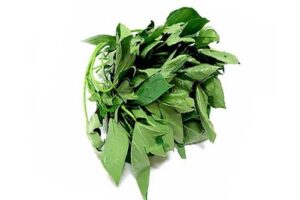 |
| Bitter Leaf |
Bitterleaf is a traditional ingredient in many Nigerian dishes, particularly in
soups. This leafy green is rich in Vitamin E, along with other important
nutrients like Vitamin C and iron. Bitter leaf is known for its health
benefits, including supporting digestion and reducing inflammation.
Frequently Asked Questions (FAQs)
1. What is Vitamin E, and why is it important?
Vitamin
E is a fat-soluble antioxidant that helps protect cells from oxidative stress.
It’s essential for maintaining healthy skin, vision, and immune function.
2. How much Vitamin E do you need per day?
The
recommended daily intake for Vitamin E is 15 milligrams for adults, which can
be easily met through a balanced diet.
3. Which Nigerian foods are highest in Vitamin E?
Palm
oil, groundnuts, avocados, and spinach are some of the best sources of Vitamin
E in Nigerian cuisine.
4. How can I incorporate more Vitamin E-rich foods into my
diet?
Incorporate
foods like palm oil, groundnuts, and avocados into your meals. Use them in
cooking, salads, or as snacks.
5. Are there any side effects from consuming too much
Vitamin E?
While
Vitamin E is essential, consuming too much can lead to toxicity. Stick to the
recommended daily intake to avoid any adverse effects.
6. What are the benefits of palm oil as a Vitamin E source?
Palm
oil is rich in tocopherols and tocotrienols, providing a wide range of antioxidant benefits supporting heart, skin, and overall
immunity.
Bottom
Line
Incorporating
Vitamin E-rich foods into your diet is essential for maintaining good health,
and Nigerian cuisine offers a wealth of options. From palm oil to bitter leaf,
these foods are packed with nutrients that support your skin, eyes, immune
system, and overall well-being. By making these foods a regular part of your
meals, you can easily meet your daily Vitamin E requirements.
Read Related Articles
- 10 Nigerian Foods That Are Good for Your Liver, Side Effects, Nutritional Value
- Proven Benefits of the Bitter Kola, Alligator Pepper, and Coconut Combination
- 21 List of Nutritious, Healthy, and Delicious Igbo Foods in Nigeria
- Proven Health Benefits of Ukazi Leaf You Should Know
- What Is Caffeine, Health Benefits of Coffee, Nutritional Value and Side Effects
- Best Nigerian Foods for Healthy Eye Health and Vision
- 10 Proven Health Benefits of Ogi (or Akamu) You Didn’t Know
- Power of Goron Tula: 14 Incredible Health Benefits for Your Body
- 9 Incredible Health Benefits of Black Velvet Tamarind, Side Effects and Nutritional Value


